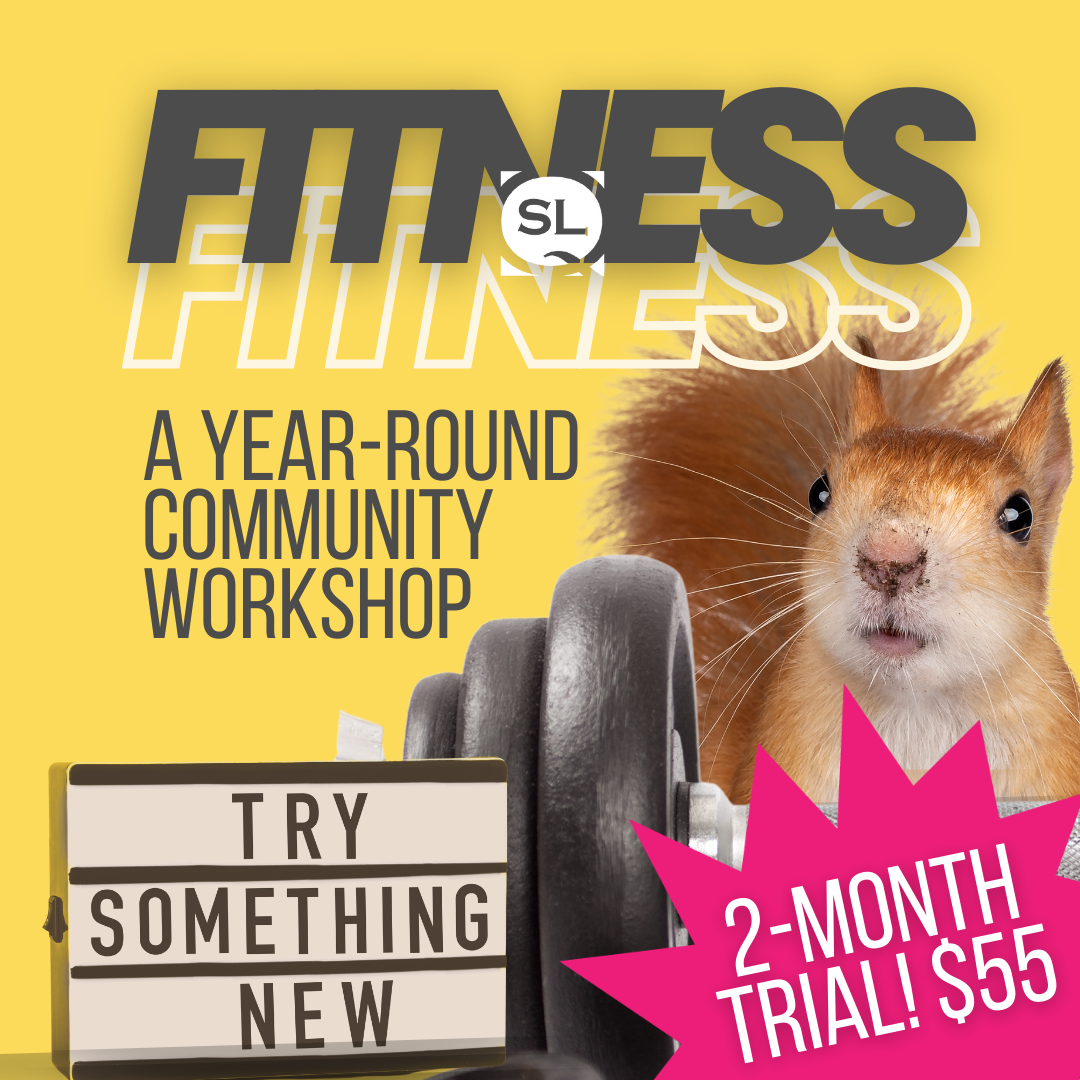As a child, I was never subjected to that idea that children should be seen but not heard, but I know those messages have a lifelong impact. Is this story based on a message you internalized (or at least were exposed to) when you were small? (Please explain.)
I’m an only child and was lucky enough to have a mother who encouraged me to talk and express myself, loudly. She nicknamed me “Vavoom,” after the Felix the Cat character whose loud exclamations would crumble boulders and mountains. Thanks, Mom.
This piece is actually based, you might say, on messages that I internalized while I was briefly married to my former partner of over ten years. Coming to terms with the ways in which I felt silenced and ignored by him has been powerful for me. In that relationship, I became a fundamentally accommodating person, a woman who bit her tongue about little things (his penchant for leaving his socks on the floor) and larger things (his debilitating addiction to video games). I went from Vavoom to Ariel, once she got on two legs: living what she thinks is a better life at the cost of her own voice. Finding that voice again (and leaving that toxic relationship) brought me back to life. Now I can’t shut up. I won’t.
Have you ever bitten your tongue and regretted it? Say your piece. What would you shout in the courtyard?
In the courtyard, I’d shout a phrase from Mary Oliver’s “Wild Geese” as loud as a I could, so loud my younger self could hear it: You do not have to be good. I’d shout “Shout” by Tears for Fears. I’d shout the names of men who’ve failed and silenced me: my amazing disappearing act of a father, the dude boss who sexually harassed me every day for a year before firing me, my ex-husband who told me that my writing didn’t have value, the older male poet who told me not to get a PhD (sorry, dude—I earned mine in 2015).
While we’re thinking about free expression, what’s your reaction to the “Me too” movement? It’s a serious question for an SLQ interview, but your story is about empowerment, and the “bright thumbprint” of our faces in the dark, so I’ll take a chance.
I think it’s crucial that women feel able to talk about the abuse and harassment they have faced and continue to face, but there are still so many voices that we can’t hear: so much silence. I think #metoo is critically important, but I also feel chagrined when folks suggest that the culture is changing. From where I’m standing, it isn’t. The conversation has begun, but we still have so far to go.
Though they are all haunting and horrifying, I will say that every story I’ve heard about a woman being abused, assaulted, and harassed is utterly unsurprising to me. Many times I’ve been made aware that as a woman, my body is not sovereign. That fact has been my constant companion from a young age. My hope is that the conversation becomes something more than just a conversation: a movement, an actual commitment to change our culture. And I don’t even know what that would look like. What I do know is that I hope that if I have daughter, she’ll be able to look back at this moment and say, “I’m glad things are better now than they were back then.”
I’m compelled by this premise (a hospital for …) and by the epistolary delivery. Is this, by chance, part of a larger project? If not, what project are you currently working on?
It is part of larger project, in a way, but it’s not my project per se. My dear friend and colleague Jenny Molberg and I had a conversation last year that was focused on the idea of “hospitals” for different non-medical issues. Her poem, “Epistle from the Hospital for Cheaters,” is forthcoming in Ploughshares.
My story was also inspired by a comment one of my students made while I was teaching Charlotte Perkins Gilman’s “The Yellow Wallpaper.” Of the main character, who unravels psychologically thanks to the so-called “rest cure” that was popular in the nineteenth and early twentieth centuries, my student said something to the effect of, “It’s like she’s in a hospital for … strong opinions.”
The piece actually began as a kind of bloodless prose poem that I worked on for ages before realizing that its main allegiance was to narrative. I drew on my experiences as a woman and as a teacher, and tried to imagine what it would be like to be detained in such a place. It was so freeing to let this story out of the little cage I’d built for it, so to speak.
I’m currently working on a series of essays, a story or two, and am seeking publication for my first book of poetry. I’ve really been enjoying the freedom that working in multiple genres has afforded me.
I feel like I’m outspoken almost to a fault, but the scenario in your story makes this seem like a superpower! Thank you for that. Now, what’s your superpower?
I asked my partner what he thinks my superpower is, and he said “storytelling.” I swear I didn’t put him up to it! I think my storytelling superpower has its roots in my childhood spent sitting at the adult’s table. I learned how to tell stories from adults and also learned how to hold someone’s attention by being entertaining. But I’ve definitely been influenced by the way people tell stories in many different contexts: standup comedy, television scripts, novel writing … you name it.
What I love most about telling (and reading) stories is that moment of total enrapture, when the reader or listener is completely under the spell of the work. I value those interactions as a writer, but I also value them as a human being: learning how to narrativize our own lives is part of what makes us human, what makes us tick.



 Try SmokeLong Fitness for two months!
Try SmokeLong Fitness for two months!